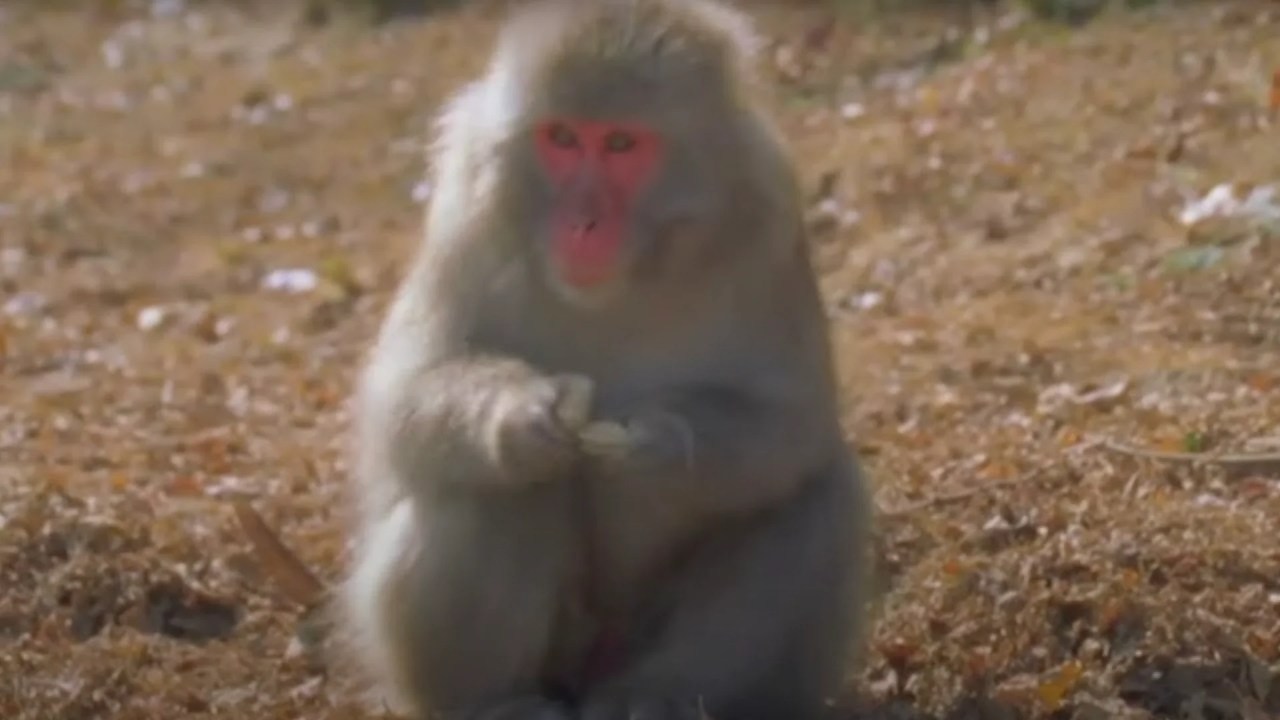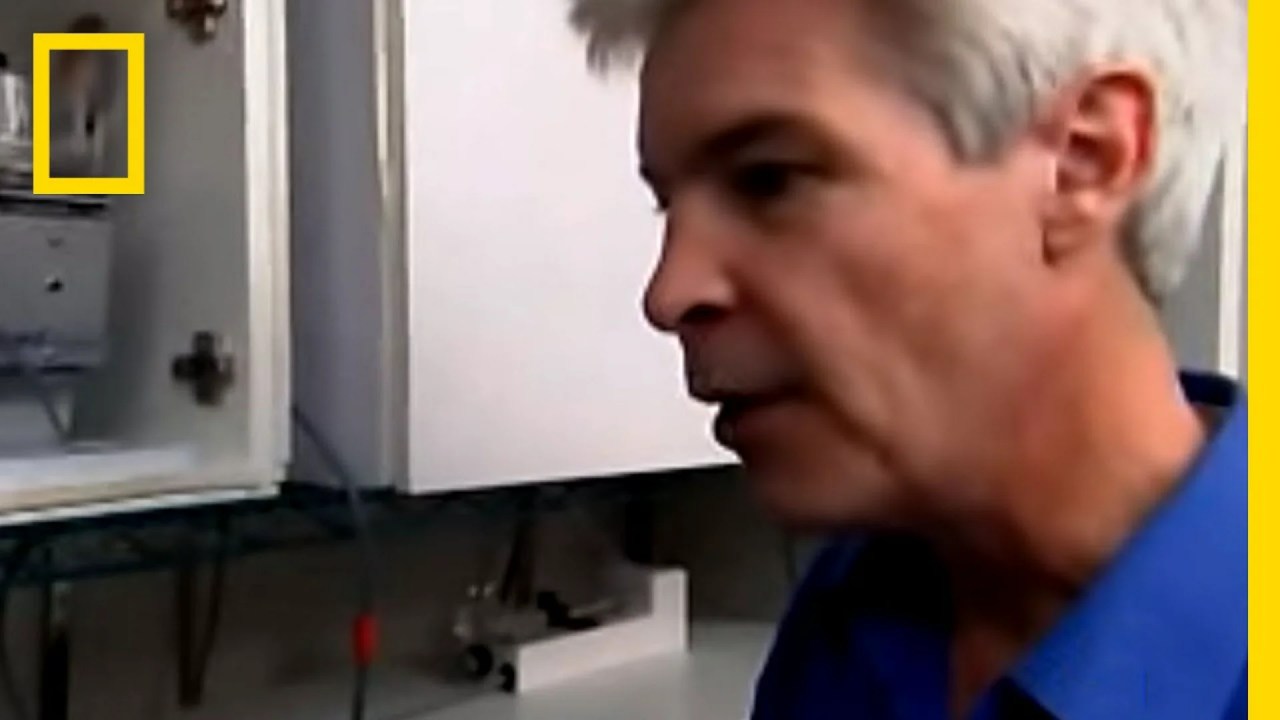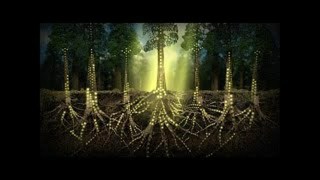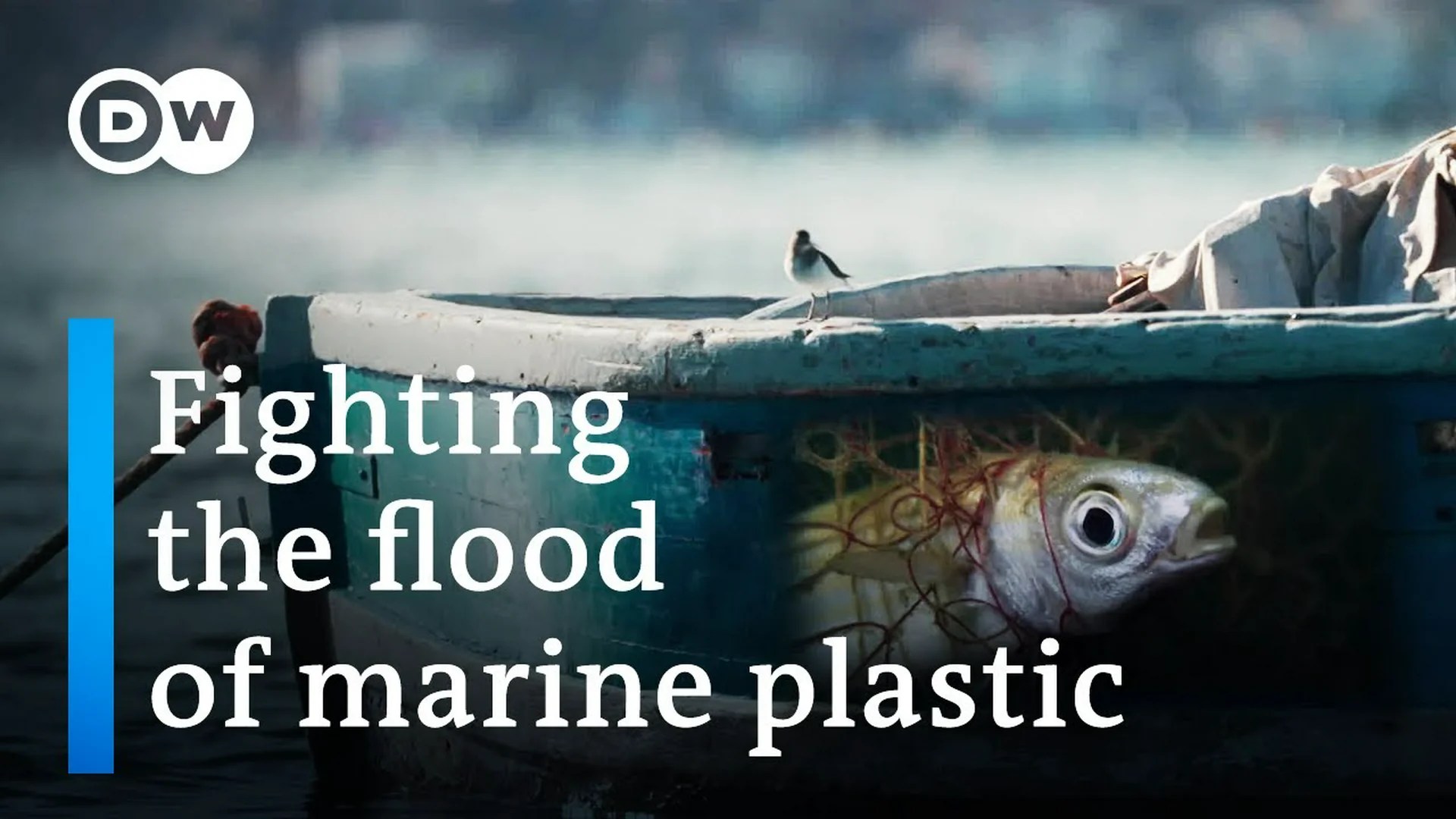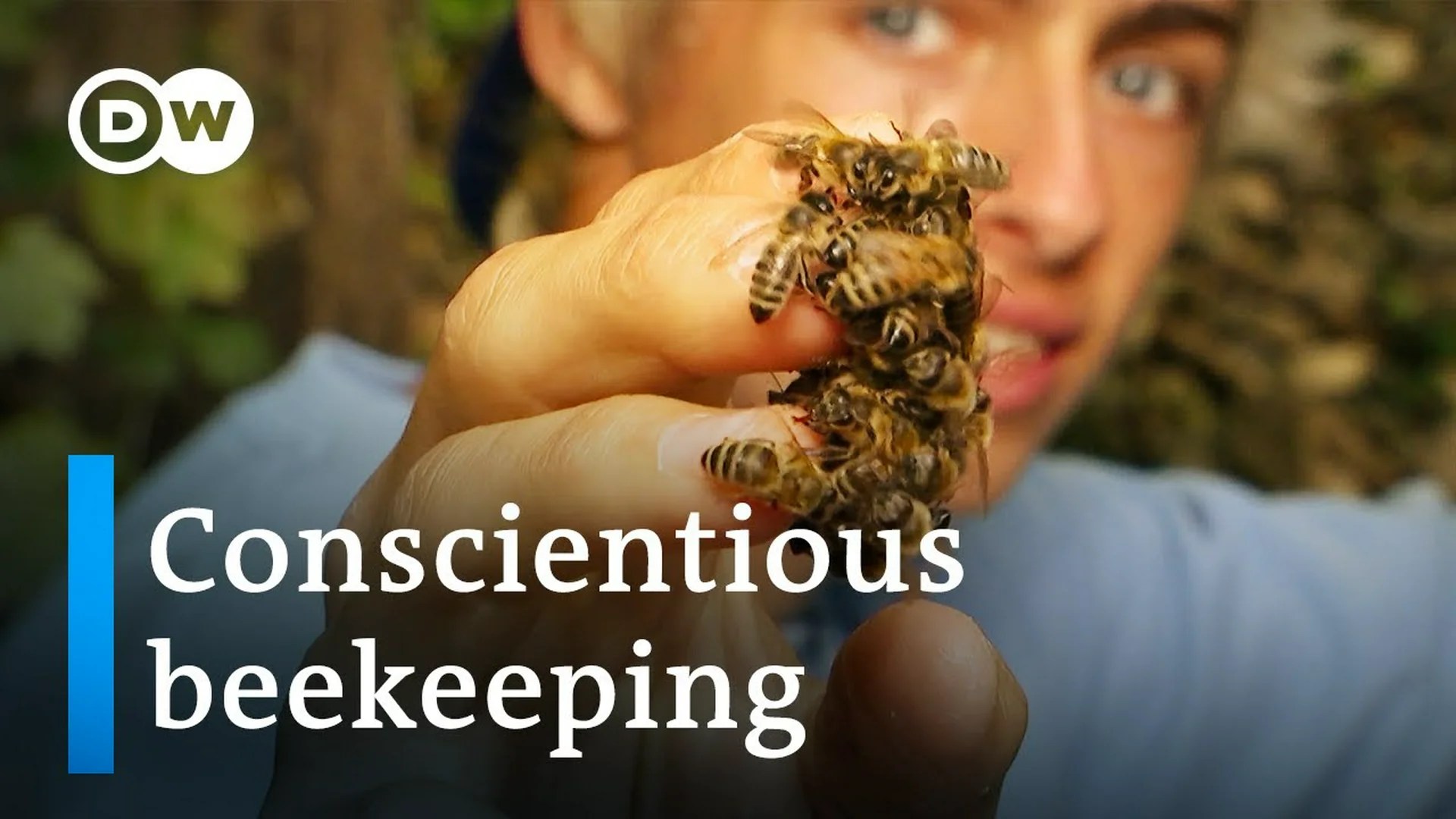In the 1950s, the remote Japanese island of Koshima provided an incredible insight into animal behavior. It was here that rhesus macaques demonstrated their remarkable capacity for learning new behaviors. The monkeys had been presented with sweet potatoes by researchers and were observed washing them before eating – a behavior no other animals in the wild had exhibited.
This finding was groundbreaking as it demonstrated that animals had the ability to learn and adapt to new situations, just like humans. This discovery raised intriguing questions about animal intelligence and sparked a renewed interest in animal behavior studies around the world.
Today, this phenomenon is still studied and has become known as “The Koshima Miracle.” To demonstrate its impact, there have been several documentaries made on the matter. One of these is “The Koshima Miracle” which explores how these rhesus macaques changed our understanding of animal cognition and communication. It also looks at how researchers continue to study this unique population of animals and their behaviors today.
If you are interested in learning more about this fascinating story of primates adapting to human influence, then watching this documentary is highly recommended. There’s no doubt you’ll come away from it with a renewed appreciation for nature and all its wonders!

